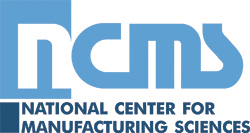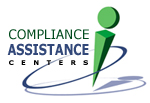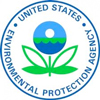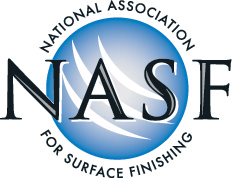| Presented in Partnership with: | |||
 |
 |
 |
 |
Search Results
The 49th William Blum Lecture, Hexavalent Chromium What Else?
Author: Dr. Patrick Benaben
Issue: , 2011Since its inception in 1958, under the auspices of the AES, the NASF Scientific Achievement Award has been given annually to a person who has contributed to the advancement of the theory and practice of electroplating, metal finishing and the allied arts or has raised the quality of the profession or has been involved in a combination of these. In 2011, the award was given to Dr. Patrick Benaben, Full Professor at École Nationale Supérieure des Mines, in St. Étienne, France. Over the years, he has been a prolific contributor to the surface finishing science and technology, and has focused his research on new electrolytic processes, in particular, on the use of ionic liquids in hard chromium plating and on such materials as high ordered alumina obtained by anodic oxidation. He has authored or co-authored about 100 papers and is inventor or co-inventor of ten international patents. He has been a member of NASF (AESF) since 1990 and served six years as 1st Vice-President of the AESF International Branch. He has been awarded both the Silver and Gold medals for outstanding papers published in Plating & Surface Finishing.
 |
 |
 |
 |
 |
| Home | Subscribe | Regulations | Compliance Assistance | News | Resources | Resource Locators | Directories | Online Training | About | Search | Contact | NASF.org |
The information contained in this site is provided for your review and convenience. It is not intended to provide legal advice with respect to any federal, state, or local regulation.
You should consult with legal counsel and appropriate authorities before interpreting any regulations or undertaking any specific course of action.
Please note that many of the regulatory discussions on STERC refer to federal regulations. In many cases, states or local governments have promulgated relevant rules and standards
that are different and/or more stringent than the federal regulations. Therefore, to assure full compliance, you should investigate and comply with all applicable federal, state and local regulations.
